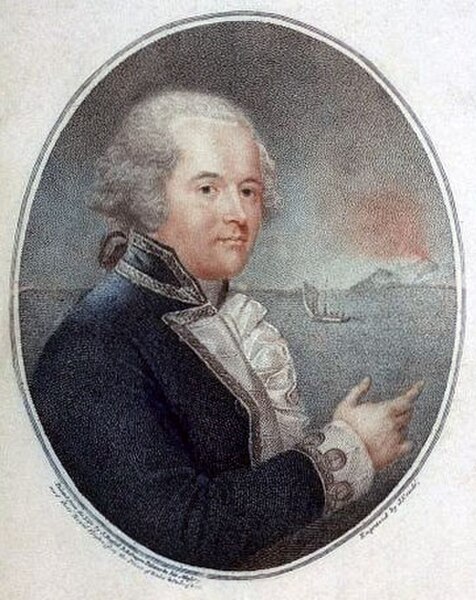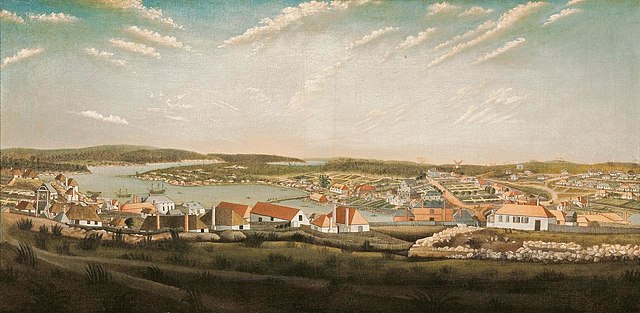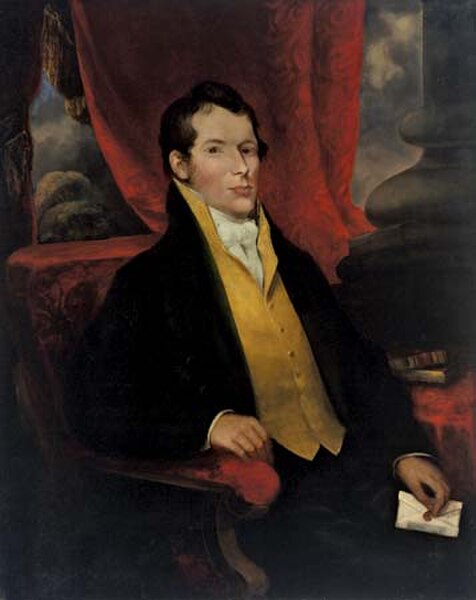Infinite photos and videos for every Wiki article ·
Find something interesting to watch in seconds
Wonders of Nature
Celebrities
History by Country
Orders and Medals
Wars and Battles
Animals
Sports
Countries of the World
Great Artists
Ancient Marvels
Largest Palaces
Recovered Treasures
Famous Castles
World Banknotes
Supercars
Kings of France
Presidents
Richest US Counties
Rare Coins
Largest Empires
Crown Jewels
Great Museums
Best Campuses
British Monarchs
Tallest Buildings
Great Cities
more top lists






